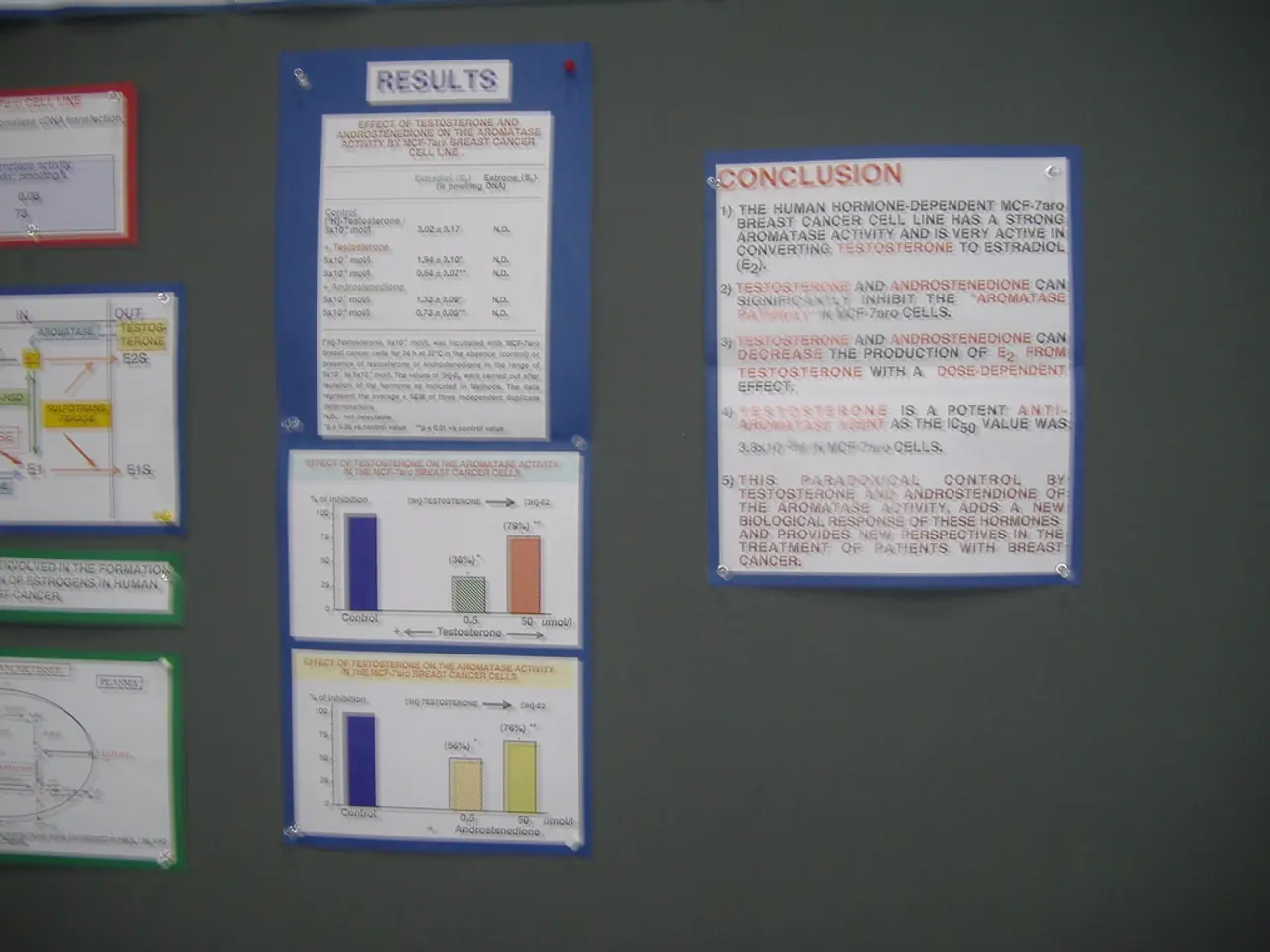EU Parliament Negotiator Advocates for Significantly Reduced Sustainability Reporting Regulations
The European People's Party (EPP) has published draft amendments to the European Commission's proposed Omnibus initiative, raising concerns about the potential weakening of corporate accountability and the EU Green Deal goals.
The Omnibus proposal, released in February, aims to reduce the sustainability reporting and regulatory burden on companies. However, the EPP's draft amendments seek to limit the scope and reduce requirements of both the Corporate Sustainability Reporting Directive (CSRD) and the Corporate Sustainability Due Diligence Directive (CSDDD).
One of the key impacts of the EPP's draft is the raising of the employee and revenue thresholds for companies subject to CSRD and CSDDD from 1,000 employees to 3,000 employees and €450 million revenue. This move is expected to limit the number of companies covered by the regulations.
The draft also makes climate transition plans optional rather than mandatory, removing the current requirement to submit them. Additionally, it allows companies to fulfill sustainability reporting even if specific disclosure information is unavailable, by explaining the absence of data rather than reporting it.
The EPP's draft also removes provisions for member states to enforce stricter national sustainability due diligence rules, due to a maximum harmonization clause in the Omnibus. This could undermine stronger existing national laws and hinder future higher standards.
Moreover, the draft proposes exemptions for subsidiaries and calls for clearer legal definitions to simplify compliance. It substantially cuts required data points reported under CSRD, potentially removing at least 25% of data points (over 275 points).
The draft's proposals have sparked concerns that they would weaken corporate accountability, undermine the EU Green Deal goals, and potentially "gut" the original ambitions of the CSRD and CSDDD. This could lead to a risk of regulatory fragmentation and loss of EU leadership in sustainable business conduct.
Manfred Weber, the leader of the EPP group in the European Parliament, stated that his ambition is to "cut costs for businesses and go further than the Commission on simplification. Less red tape and fewer burdens for businesses. That's how we strengthen Europe's economy."
The EPP's draft also includes proposals to reduce reporting burdens on smaller businesses, including creating a limit, based on voluntary standards for Small and Medium-sized Enterprises (SMEs), that larger companies can request from smaller companies in their value chains. For smaller companies under the EPP's draft, they are only required to rely on information that is already reasonably available to identify adverse impacts in supply chains, except in cases of identified likely adverse impacts.
The draft amendments face considerable opposition and debate ahead of expected votes later in 2025. The outcome of these votes could significantly impact the future of corporate sustainability reporting and due diligence in the EU.
- The concerns about the EPP's draft amendments extend to potential weakening of corporate accountability, which could lead to regulatory fragmentation and a loss of EU leadership in sustainable business practices, particularly in areas such as finance, politics, and general-news.
- The EPP's draft amendments to the European Commission's Omnibus proposal aim to reduce the regulatory burden on companies, specifically in terms of corporate sustainability reporting and due diligence, but this could have broader implications for the business community's commitment to sustainability goals.




